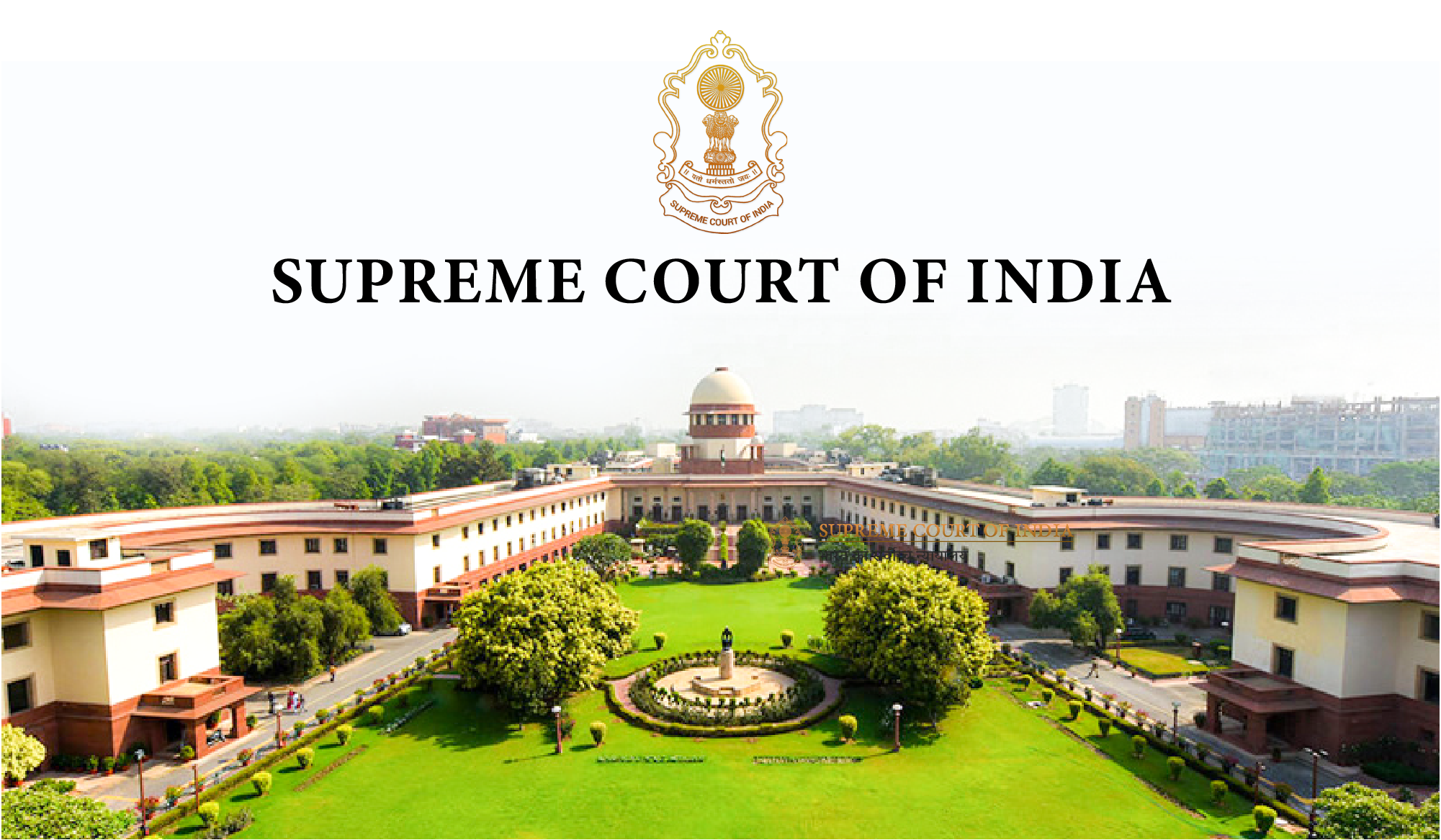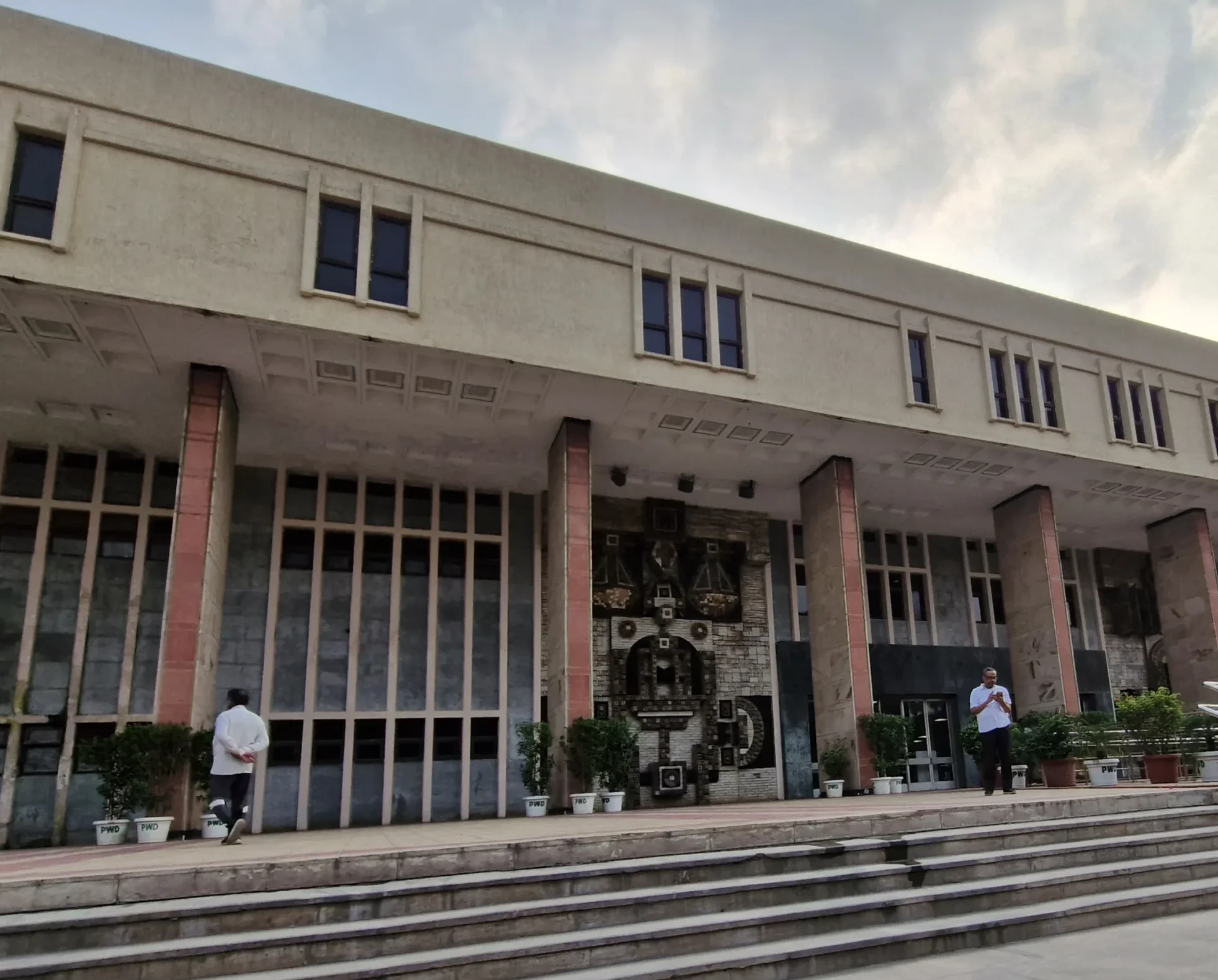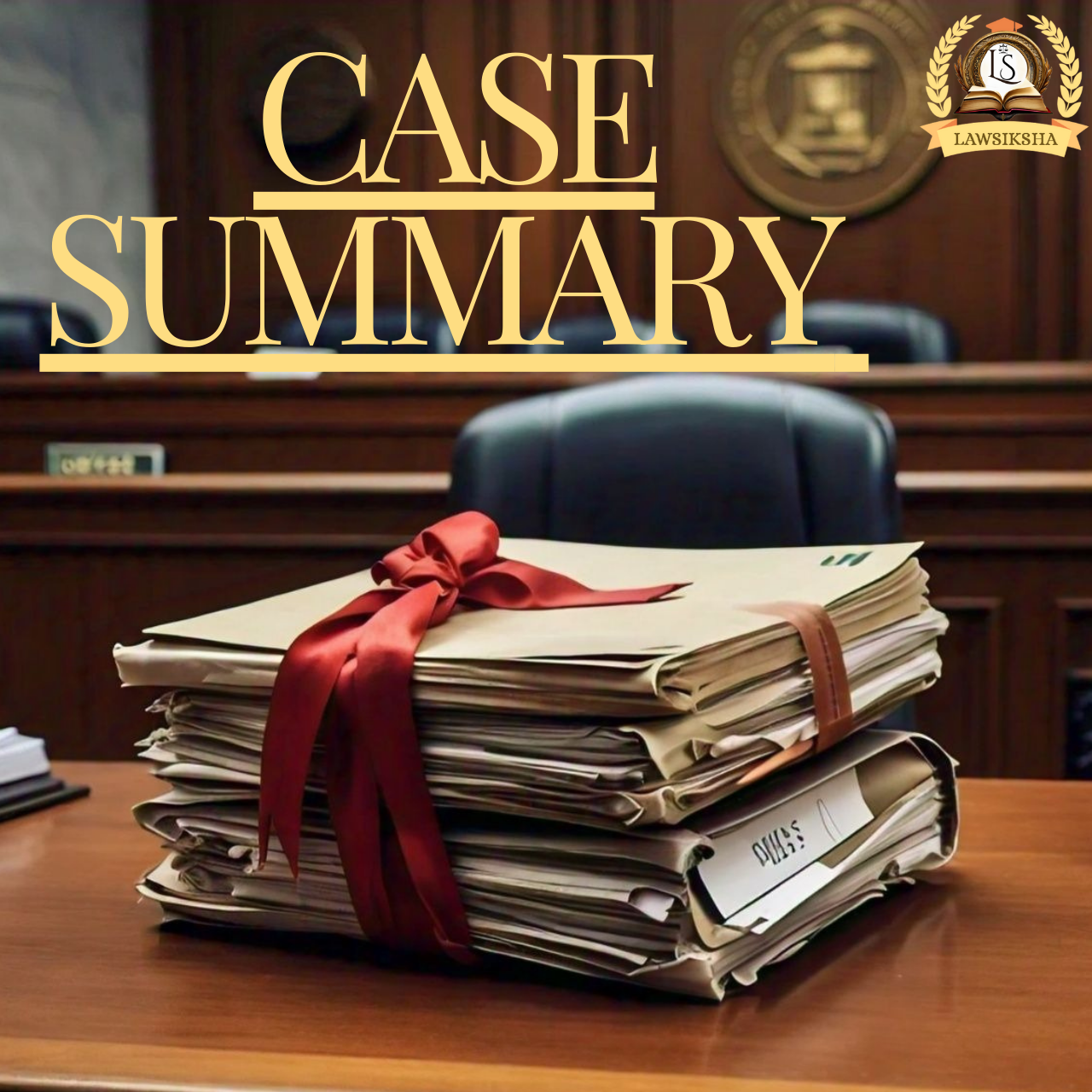Need for Protection of Personal Digital Data, Including Metadata
Introduction
In today’s digital era, personal data has become an invaluable asset, often referred to as the new oil of the 21st century. With the rapid proliferation of digital platforms, from social media networks to online shopping sites, vast amounts of personal information are collected, stored, and analyzed. This data includes not only explicit personal details like names, addresses, and financial information but also metadata — the often-overlooked data about data, such as timestamps, geolocation, and communication patterns. The need for protecting this personal digital data, including metadata, is more critical than ever, as breaches can lead to significant harm, including identity theft, financial loss, and privacy violations.
Importance of Protecting Personal Digital Data and Metadata
1. Personal Data and Its Value
Personal data refers to any information that can identify an individual, either directly or indirectly. This includes names, email addresses, social security numbers, and even IP addresses. In the hands of businesses, this data allows for targeted marketing, personalized services, and improved customer experiences. However, this value also makes personal data a lucrative target for cybercriminals. The compromise of personal data can lead to unauthorized access to personal accounts, financial fraud, and even blackmail.
2. The Role and Risks of Metadata
Metadata, while less conspicuous than personal data, is equally important. It provides context about other data, such as when and where a file was created, who accessed it, and what changes were made. For instance, in communication systems, metadata can reveal who contacted whom, at what time, and from which location, without disclosing the actual content of the communication. This data can be used to profile individuals, track their movements, and even predict future behaviors. The potential for misuse of metadata underscores the need for robust protection measures.
Legal Frameworks for Data Protection
To address the growing concerns over data privacy, several legal frameworks have been established globally. These laws aim to regulate how personal data is collected, processed, and stored, ensuring that individuals’ privacy is respected.
1. General Data Protection Regulation (GDPR)
The European Union’s General Data Protection Regulation (GDPR), which came into effect in May 2018, is one of the most comprehensive data protection laws in the world. It imposes strict obligations on organizations that handle personal data, including:
Consent: Organizations must obtain explicit consent from individuals before collecting and processing their data.
Right to Access: Individuals have the right to access the data held about them and to know how it is being used.
Right to Erasure: Also known as the “right to be forgotten,” this allows individuals to request the deletion of their data under certain circumstances.
Data Breach Notifications: Organizations must report data breaches to authorities within 72 hours if they pose a risk to individuals’ rights and freedoms.
The GDPR also extends to metadata, recognizing that even non-content data can reveal personal information and thus must be protected with the same rigor as other personal data.
2. Indian Data Protection Bill
India, with its massive digital population, has also recognized the need for stringent data protection laws. The Personal Data Protection Bill, 2019 (PDPB), seeks to provide a robust framework for the protection of personal data. Key provisions included:
Data Localization: Certain sensitive data must be stored within India, ensuring better control and access by Indian authorities.
Consent Mechanism: Like GDPR, the PDPB emphasizes the importance of obtaining explicit consent from individuals before processing their data.
Data Principal Rights: The bill outlines several rights for data principals (individuals), including the right to correction, right to data portability, and the right to be forgotten.
Oversight by Data Protection Authority (DPA): The bill proposes the creation of a Data Protection Authority to oversee compliance and address grievances.
However the bill was taken back and new Digital personal data protection Act, 2023 has been passed.
Case Laws and Government Actions on Data Breaches
1. Landmark Cases in Data Protection
Several significant cases have shaped the landscape of data protection law. One notable case is the Google Spain SL, Google Inc. v Agencia Española de Protección de Datos, Mario Costeja González(2014), where the Court of Justice of the European Union (CJEU) upheld the “right to be forgotten.” This ruling emphasized the importance of allowing individuals to have outdated or irrelevant personal information removed from search engine results, reflecting the growing emphasis on data privacy.
In India, the Justice K.S. Puttaswamy (Retd.) v. Union of India (2017) case is pivotal. The Supreme Court of India, in this case, recognized the right to privacy as a fundamental right under the Indian Constitution. This judgment laid the groundwork for the PDPB and emphasized the need for protecting personal data in the digital age.
2. Government Actions and Data Breach Responses
Governments worldwide are increasingly vigilant about data breaches, mandating that companies report breaches promptly and take corrective actions. For instance, in the aftermath of the Cambridge Analytica scandal, where personal data of millions of Facebook users was harvested without consent, both the US and UK governments took stern actions, including imposing hefty fines on Facebook.
Similarly, in India, the government has been proactive in addressing data breaches, with organizations like the Reserve Bank of India (RBI) issuing guidelines for banks to strengthen cybersecurity and ensure the protection of customer data.
Challenges in Protecting Digital Data
Despite these legal frameworks, several challenges remain in the protection of digital data, including:
Cross-Border Data Flows: The global nature of the internet means that data often flows across borders, making it difficult to enforce data protection laws uniformly.
Technological Advancements: Rapid technological advancements, such as artificial intelligence and big data analytics, present new challenges for data protection, as they enable more sophisticated data collection and analysis techniques.
Balancing Security and Privacy: Governments and organizations often struggle to balance the need for security with the right to privacy. Overemphasis on national security can lead to excessive surveillance, infringing on individuals’ privacy rights.
Conclusion
The protection of personal digital data, including metadata, is a critical issue in the modern world. As digital footprints grow, so do the risks associated with data breaches and misuse. Legal frameworks like the GDPR and the Indian Data Protection Bill represent significant strides toward safeguarding personal information. However, continuous vigilance, robust enforcement, and ongoing legal evolution are essential to keep pace with technological advancements and ensure that individuals’ privacy rights are protected in the digital age.
By understanding the importance of personal digital data and the risks associated with its misuse, both individuals and organizations can take proactive steps to safeguard their data, ensuring a safer and more secure digital environment for all.












Leave a Reply